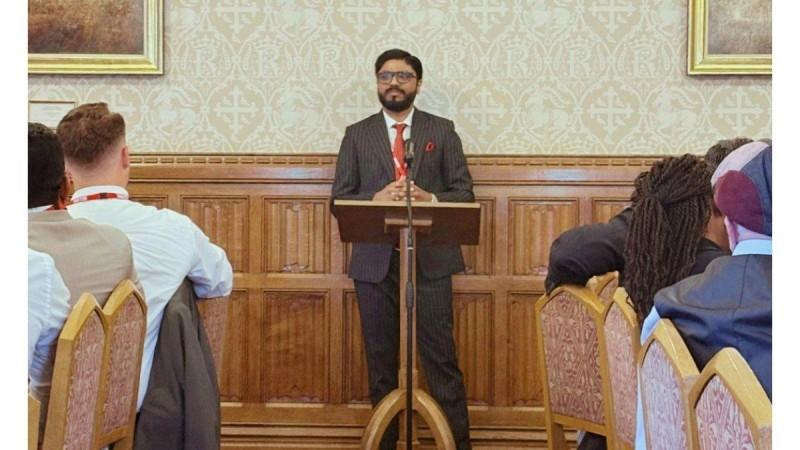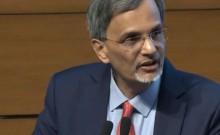
London [United Kingdom], July 31: Trade agreements often get wrapped in fanfare and diplomatic language, but when Harsh Girish Patel spoke to the UK Parliament this month, the tone changed. The India-UK Free Trade Agreement (FTA), signed earlier this year, has been described as a monumental deal. Yet Patel's message cut deeper: unless it delivers real, tangible benefits to the people actually building businesses, it's just another piece of paper.
Patel, founder and CEO of the global advisory firm Water & Shark, delivered a speech at the India-UK SME Leaders Meeting that skipped the formalities. Instead, he made a policy-driven argument backed by hard numbers and experience.
With 60 million MSMEs contributing close to 30% of India's GDP and 98% of UK firms trading with India being SMEs, he questioned why these businesses are usually last in line when it comes to benefiting from international trade pacts.
We must cease considering SMEs as a secondary consideration, stated Patel. They are the drivers of innovation, job creation, and regional stability. Trade deals must reflect that.
His solutions were bold but specific. Patel called for allowing Indian startups to list directly on the London Stock Exchange's AIM platform, giving them access to a deeper pool of investors. He also proposed opening India's £38 billion public procurement market to UK-based SMEs, an opportunity that could level the playing field and bring global competition into local governance.
Patel's critique didn't stop at commerce. He moved on to the thorny issue of capital and talent migration, identifying a structural issue affecting both nations: the loss of top-tier professionals and investors to countries with more favourable tax and succession laws. For India, the problem is overregulation. For the UK, it's an aggressive inheritance tax regime.
Patel suggested that to solve this, there should be a shared approach within the FTA framework to work together on planning for passing on wealth, family trust laws, and ways to bring money back to the country. "Let's create an environment where staying invested in your home country is more attractive than moving assets offshore," he said.
What sets Patel apart from the usual business figure at such forums is his credibility. His firm has advised tech unicorns, Gulf royal families, and Fortune 500 companies alike.
Patel isn't merely theorising; he has practical insights into what works across different jurisdictions and what does not. His background in law and commerce, along with extensive hands-on experience in cross-border trade and taxation, lends significant credibility to his policy recommendations.
In a post-Brexit world, the UK needs new economic alliances, and India is keen to expand its global reach. However, achieving success will not be achieved through ceremonial agreements or universally applicable solutions. Patel's proposals bring a necessary edge to the conversation, one focused on execution, inclusion, and long-term national interest.
His push for an SME-first policy is both timely and actionable. Whether Parliament takes up the initiative remains to be seen, but the message is clear: trade talks require less symbolism and more substance. Harsh Patel is making sure the FTA doesn't just sound good; it actually works.

















